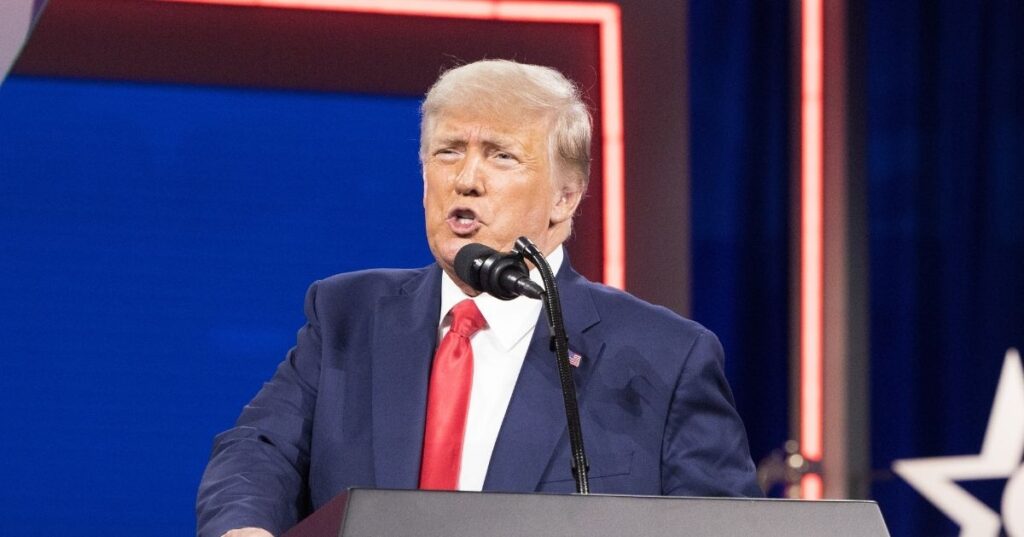John Dickerson is leaving CBS after a 16-year run, a move that lands amid new ownership and promises of change at the network. This piece looks at his departure, the context of CBS’s shifting leadership, industry-wide staffing churn, and what conservatives see as a chance to reset mainstream media. I lay out the facts, include Dickerson’s own words, and note the political stakes without fluff.
News that Dickerson will exit “at the end of this year” landed quickly across the media world and prompted immediate speculation. He has been a steady presence at CBS for 16 years, and his name carries weight in broadcast journalism circles. For viewers who tuned in nightly, his departure marks the end of a familiar era.
Dickerson first rose to prominence as moderator of “Face the Nation,” a role that helped cement his reputation in political reporting. Over time he moved into anchor positions and ultimately co-hosted the CBS Evening News, where many relied on his steady delivery. His tenure spanned administrations, breaking news and the everyday churn of television newsroom life.
He framed his exit plainly and with gratitude, stating, “At the end of this year, I will leave CBS, sixteen years after I sat in as ‘Face the Nation’ anchor for the first time.” That sentence carries the quiet tone of someone stepping away after a long run, and it sets the stage for reflections from colleagues and viewers. The markets of media commentary immediately began dissecting what his departure might signal.
Dickerson added, “I am extremely grateful for all that CBS gave me — the work, the audience’s attention and the honor of being a part of the network’s history,” and his words show appreciation even as the network faces criticism from the right. Critics on the right have long argued that the network leaned left, and that criticism only grows louder when established anchors leave. Still, Dickerson’s public gratitude keeps the moment focused on personal closure rather than partisan pile-on.
The timing is notable because ownership and editorial leadership at CBS have recently changed hands, with David Ellison of Skydance taking control and Bari Weiss appointed editor-in-chief. That new leadership team has been explicit about wanting to shake up the status quo and reframe coverage priorities. For conservatives watching, that suggests this departure might be the first of several personnel moves aimed at rebalancing the network’s tone.
Speculation is already rife that Dickerson’s exit could be the opening act of a broader overhaul, a so-called house cleaning designed to reset staffing and editorial posture. Comparisons to other big shakeups in media and government are common in these conversations, and supporters of change point to the possibility of returning to more balanced coverage. Skeptics say such changes are cosmetic unless deeper standards and practices are altered.
Across the industry, high-profile exits and chaotic personnel moves have become the norm rather than the exception, with outlets large and small experiencing turnover. That pattern feeds a narrative on the right that establishment media have lost touch with everyday Americans and need serious course correction. Whether CBS’s changes lead to meaningful reform or another round of reshuffling remains the key question.
Dickerson closed his public note to colleagues with a human touch, writing, “I am also grateful for my dear colleagues who’ve made me a better journalist and a better human. I will miss you.” Those lines underline that, apart from politics and culture wars, these are real workplace relationships and careers ending. Conservative observers point out that preserving professionalism matters even as institutions evolve.
For viewers and journalists alike, the immediate thing to watch is who fills any resulting vacancies and how editorial direction changes under new leadership. Will CBS alter its tone, hiring and story selection in ways that appeal to a broader audience, or will it merely shuffle familiar faces? The coming weeks will reveal whether this departure was a solitary move or the start of a deliberate effort to reshape a major network’s identity.



